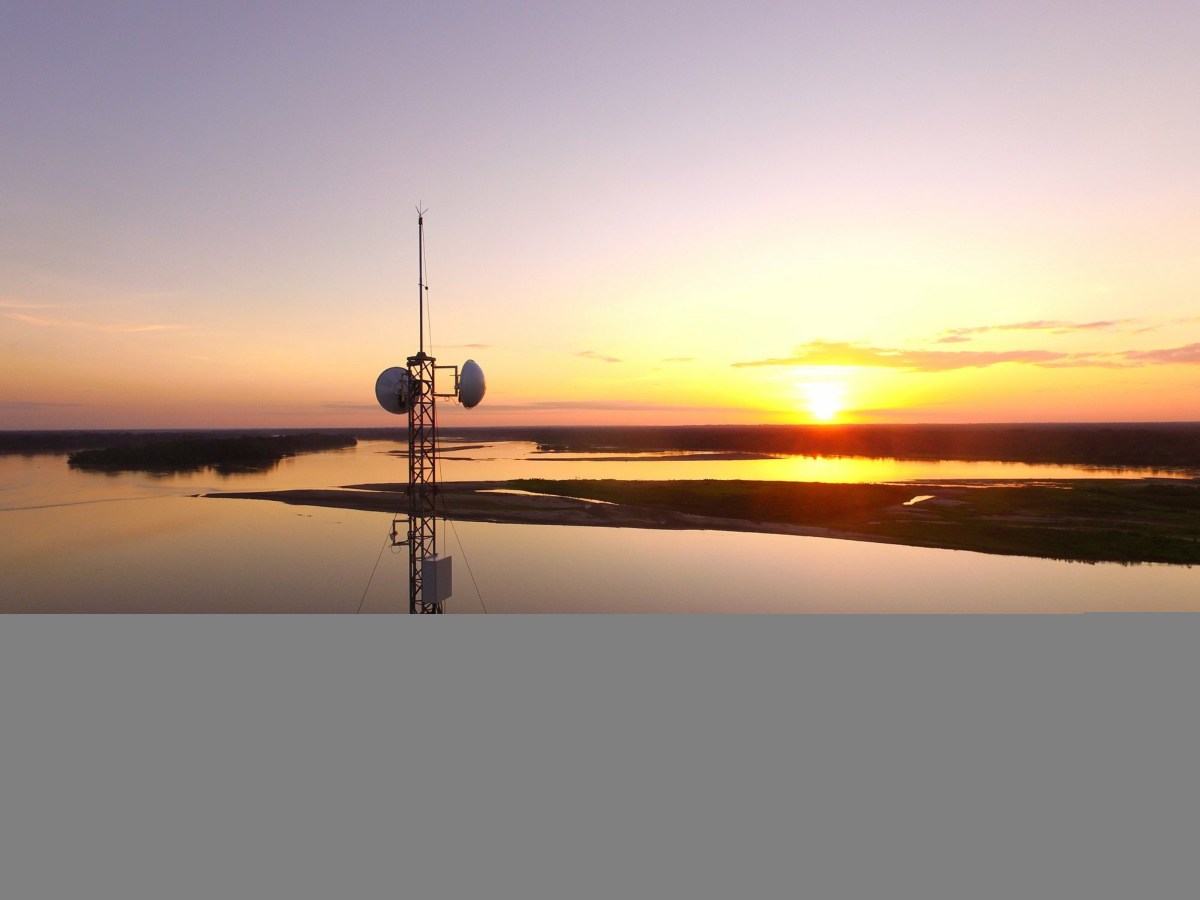The company launches its first call for proposals around the world through the Telefónica Open Future global platform
- The winning proposal will be the most innovative solution which contributes to bringing mobile internet to as yet unconnected, remote and sparsely populated areas
- The winning project could conduct a commercial pilot scheme with Telefónica, valued at up to €100,000, once it has been technically validated in conjunction with the Internet para Todos team
Madrid, 30 May 2019.- Telefónica is looking for innovative proposals to connect isolated or remote rural areas anywhere in the world, making connections between people and access to mobile internet possible. The period for receipt of ideas begins today and continues until 30 June 2019 through the 2019 Internet para Todos Global Call, under the project of the same name launched by Telefónica last year. Internet para Todos represents a significant business opportunity for Telefónica in areas which remain uncovered by traditional infrastructure, while being at the same time a sustainable, responsible project designed to reduce the digital gap.
The purpose of this call for proposals, promoted by Telefónica’s Innovation area, is to explore sustainable solutions to two challenges: firstly, how to obtain real, reliable data from isolated areas which are radically different to the urban environment during the period leading up to the roll-out of broadband; secondly, once connectivity has been extended to remote environments, it is necessary to accelerate the adoption and impact of this on people’s lives. To this end, digital services and solutions are being sought which enable connectivity to contribute value and achieve an impact on the development of communities. All the information, including details of how to enter and register ideas, projects and startups, can be found in the 2019 Internet para Todos Global Call.
”Internet para Todos is an innovative business project which is open to collaboration with third parties, companies and other bodies which share the goal of closing the digital gap through connectivity. It is the same participative spirit which characterises Telefónica’s open innovation model. We are already working with a number of technological partners and now we want to increase the framework for cooperation in order to tackle our next commercial and digital inclusion challenges, by analysing innovative technological ideas and proposals”, stated Gonzalo Martín-Villa, Chief Innovation Officer at Telefónica.
The winning project will win a working space for a period lasting between three and six months at one of the hubs belonging to Wayra and Open Future which are located in 11 countries, according to availability and the most suitable location.
In addition, mentoring and monitoring of the selected projects will be offered and provided by members of the Internet para Todos team, and the initiatives will be publicised.
In the event that the proposed solution is validated at a technical level by the Internet para Todos experts and its commercial interest has been certified, the winning startup will have the opportunity to carry out a commercial pilot scheme with Internet para Todos valued at €100,000 and lasting between three and six months. If the pilot scheme is successful, the possibility of including the project or product in the catalogue of services at Telefónica Group will be studied.
Internet para Todos originally arose as a Telefónica initiative which considers connectivity to be a fundamental requirement in order to access the benefits provided by digitalisation and for people’s economic and social progress.
Under this innovative model aimed at rolling out an economically sustainable infrastructure and which is open to collaboration with other companies, Telefónica del Perú, Facebook, IDB Invest and CAF recently announced the creation of a new venture, Internet para Todos, whose sole mission will be to connect Peru’s currently unconnected areas. This is the country where the project has begun and it has already managed to connect more than 2,000 communities in remote areas and thus benefit more than 700,000 people. Now the goal is to replicate this model anywhere in the world with the same cooperative spirit by bringing together open, disruptive and sustainable solutions.
